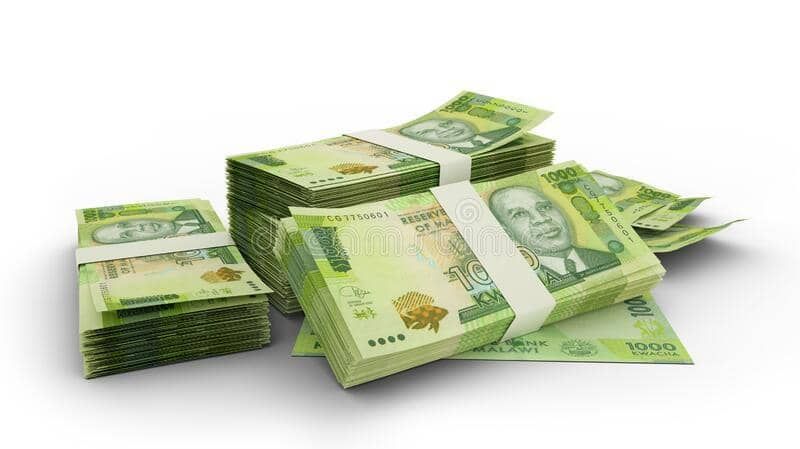By Burnett Munthali
The Malawian Kwacha (MWK) has hit an unprecedented low, with the US dollar trading at MWK 3,000 on the black market. This staggering development underscores the depths of Malawi’s economic crisis, characterized by inflation, foreign exchange shortages, and poor monetary policy management. It raises serious questions about the government’s handling of the economy and its impact on the ordinary Malawian citizen.
The scarcity of foreign currency has been a persistent challenge in Malawi. The country heavily relies on imports, but its export base remains weak. The primary forex earners, such as tobacco and tea, have been underperforming, leading to significant shortfalls in foreign currency reserves.

Compounding this issue is the government’s excessive reliance on domestic borrowing to finance fiscal deficits. Instead of implementing effective measures to stabilize the Kwacha, authorities have focused on short-term interventions that fail to address the structural challenges at the core of this crisis.
The rise of the black market is symptomatic of a failure in official monetary policy. With forex reserves at critical lows, the Reserve Bank of Malawi (RBM) has struggled to supply dollars through formal channels. Businesses and individuals, desperate for foreign exchange to sustain their operations, have turned to the black market, where rates are dictated by demand rather than policy.
While the official rate remains significantly lower, the gap between the formal and informal markets reflects the government’s loss of control over the currency. It further erodes trust in the RBM and the financial system as a whole.
The consequences of this forex crisis are being felt across all sectors of society:
Firstly, import-dependent goods, including fuel, medicines, and essential food items, have become prohibitively expensive. Businesses pass these costs onto consumers, further straining household incomes.
Secondly, companies struggling to access forex have scaled down operations, resulting in layoffs and reduced productivity. The informal sector, often a fallback for many Malawians, is also under pressure as the cost of doing business skyrockets.
Thirdly, the economic hardships are fueling discontent among citizens, with protests against high inflation and government inaction becoming more frequent.
The government’s response to the forex crisis has been underwhelming. While there have been efforts to secure loans from international partners, these funds often come with stringent conditions and are insufficient to address the deep-rooted problems.
Diversify the Economy: Reduce reliance on tobacco by promoting other export-oriented industries such as mining, agriculture, and tourism.
The current administration must cut unnecessary spending, especially on luxury items like expensive vehicles, and redirect funds toward productive sectors.
Strengthen monetary policies and improve forex allocation transparency to discourage black-market activities.
A well-negotiated extended credit facility or debt relief program could provide breathing room for economic reforms.
The dollar trading at MWK 3,000 on the black market is a grim reminder of Malawi’s economic fragility. Without decisive action, the situation will continue to worsen, leaving millions of Malawians in greater hardship. The government must act swiftly to stabilize the economy and regain public trust. Failure to do so could lead to a deeper crisis with long-lasting repercussions for the nation.


